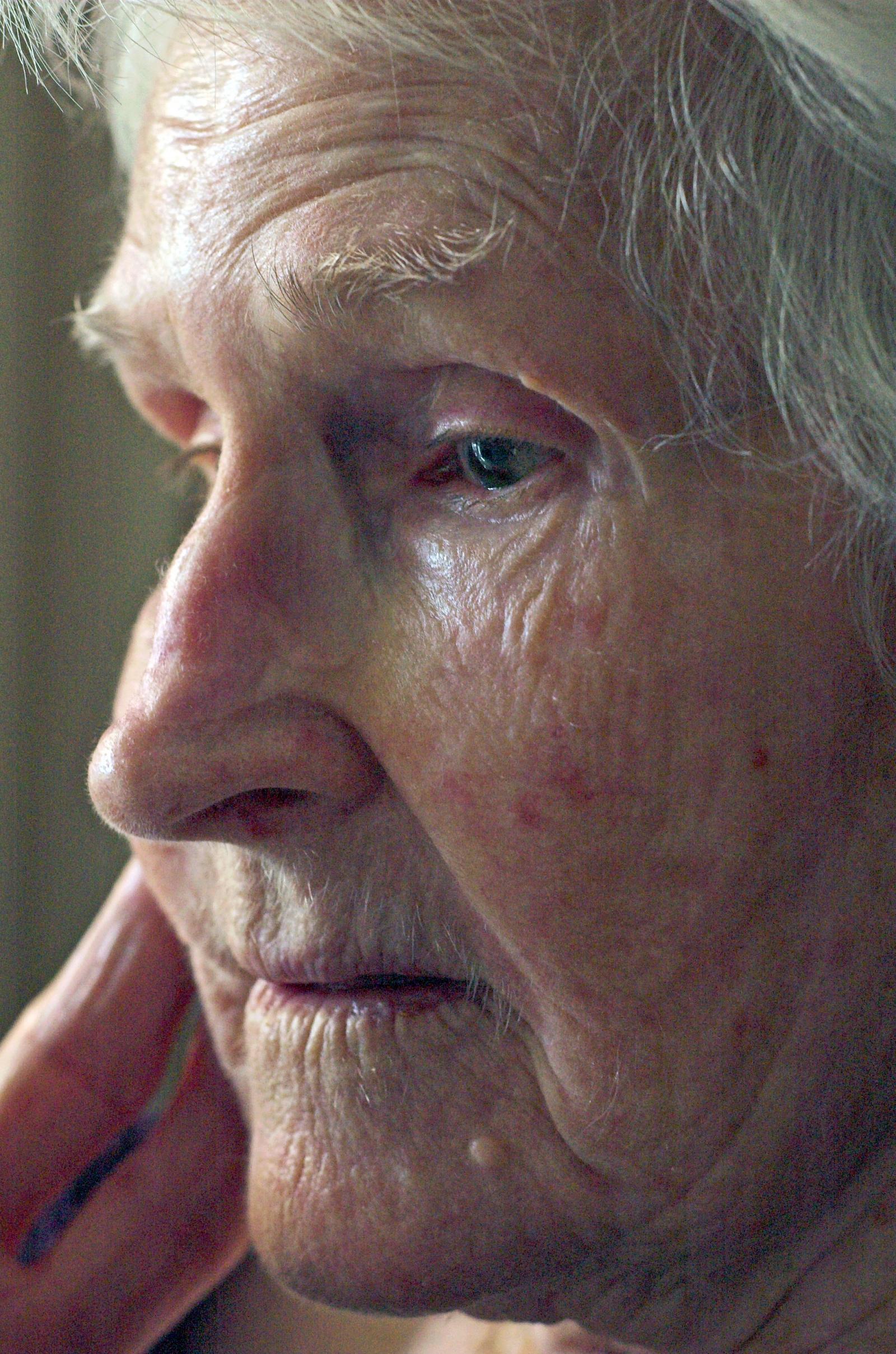Concern About Falling
What is concern about falling?
Concern about falling is a persistent feeling related to your risk of falling during daily activities. This can influence your actions by restricting activities that you are capable of performing. Concern about falling is common and occurs in both people who have fallen in the past and people who have not. About half of all people aged 65 and over are concerned about falling to some extent.
Some examples:
Thoughts: “If I go to the supermarket, I will fall and break my hip.”
Feelings: “I am worried about going to the supermarket.”
Actions: “I will not go to the supermarket.”
Concern about falling can include beliefs that we will fall doing a certain activity, which is more than our actual risk of falling in that situation.

Causes of concern about falling
- Past experience, or previous falls
- You know someone who had a terrible fall
- You feel unsteady on your feet or weak
- Because you feel that your health is not as good as it used to be
- Anxiety and/or depression can also contribute to concern about falls
What are the consequences of concern about falling?
Someone who is concerned about falling tends to:
- Be overly cautious when walking in situations that they perceive as dangerous or risky
- Be more concerned about falling in unfamiliar places
- Avoid doing daily activities that they enjoy
- They may avoid activity in general
When concerns about falling are continuously on your mind, they might stop you from doing the daily activities that you enjoy such as walking, shopping or visiting a friend. Avoiding activities because of concerns about falling can lead to low mood, feeling lonely, social isolation and physical deconditioning.
Physical activity to manage concern about falls
- Physical activity can help you feel more confident in your physical ability and balance, and being more confident and less concerned about falling can reduce your risk of falling
- Physical activity is the single most important thing you can do to stay fit and healthy, and also reduces your risk of a fall
- Physical activity helps you to stay independent in your daily activities and improves your overall health and wellbeing
- Physical activity has many other health benefits too – it can improve your mood and anxiety, and is beneficial to many chronic health conditions as well. Talk to your health professional if you would like to know what types of exercise are right for you.

Key points to remember
- People can develop concern about falls after a fall
- People who have not previously fallen can also have concern about falls
- Concern about falling can lead to activity restriction e.g. not visiting friends or going shopping
- Anxiety and depression are linked to concern about falling
- Concern about falls and activity restriction can lead to physical deconditioning, social isolation and loneliness
- Physical activity and balance exercise can help improve balance confidence and concern about falls, which can prevent falls
- Talk to your doctor or health professional about your concerns and if you need help to start exercising
What can I do right now
- Talk to your doctor about your feelings and concerns
- Improving your balance can reduce your concern about falling, talk to a physiotherapist or accredited exercise therapist on how to improve your balance
- Stay active, activity helps keep muscles strong and joints mobile
- If you feel unsteady, talk to a physiotherapist about whether you need a walking aid, this may improve walking confidence
- Think about strategies that can make you feel more confident about your abilities
Tips
If you are concerned about falling when doing a specific activity, try the following:
- Do it the first few times together with someone before doing it on your own
- Think of solutions to make the activity safer, e.g. install a handrail next to the bath tub
- If you need help or assistance, be assertive and ask for help
Conclusion
You have finished the article. If you would like to download a copy of this article as a PDF, click the button below.

